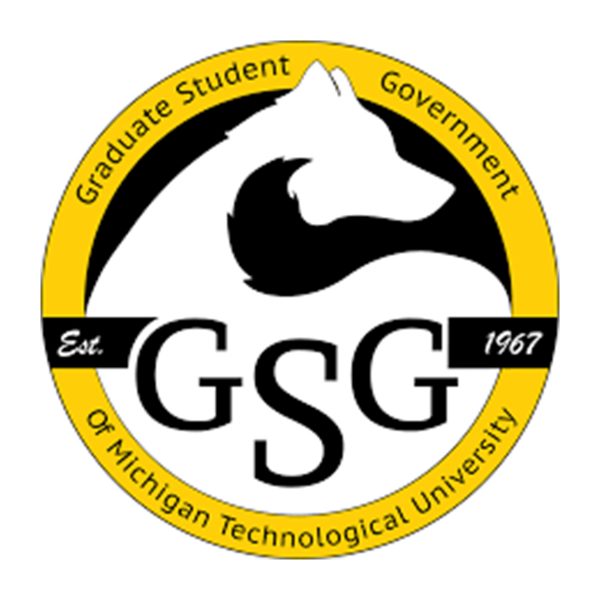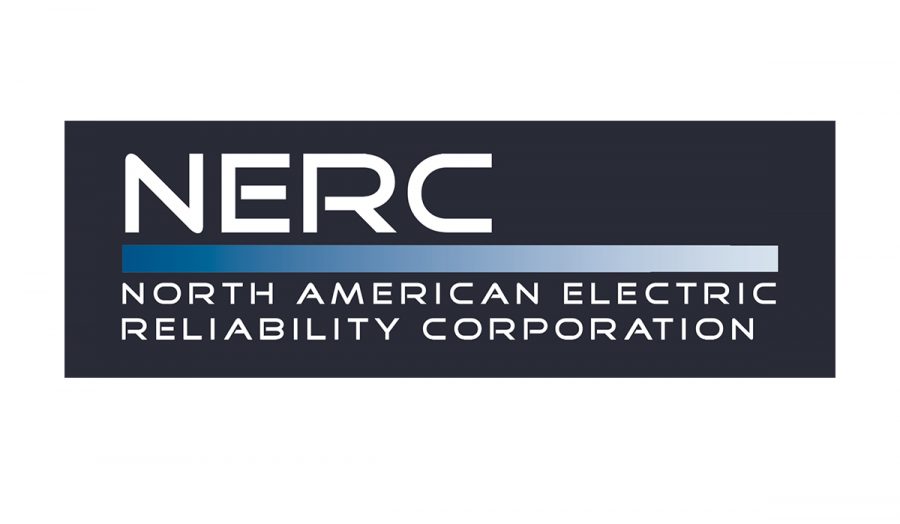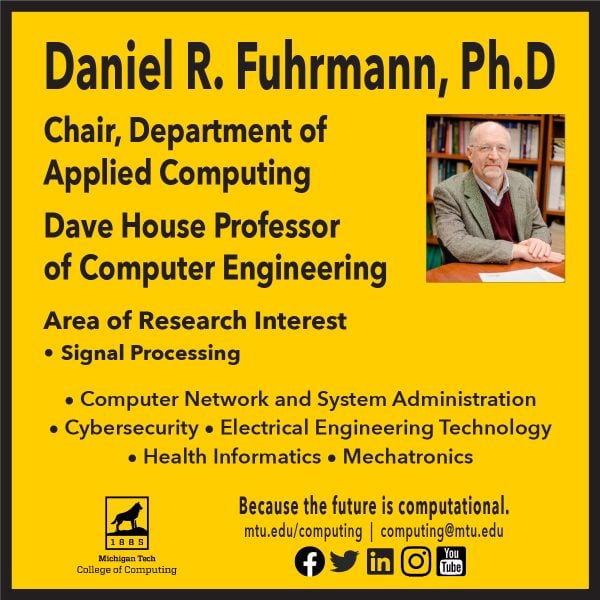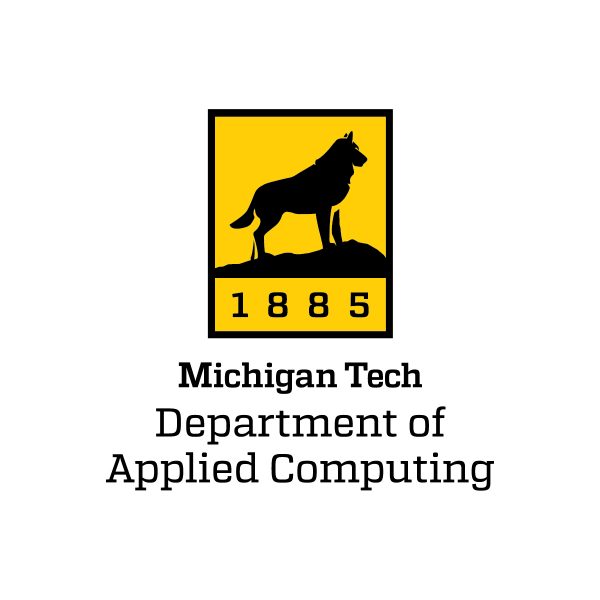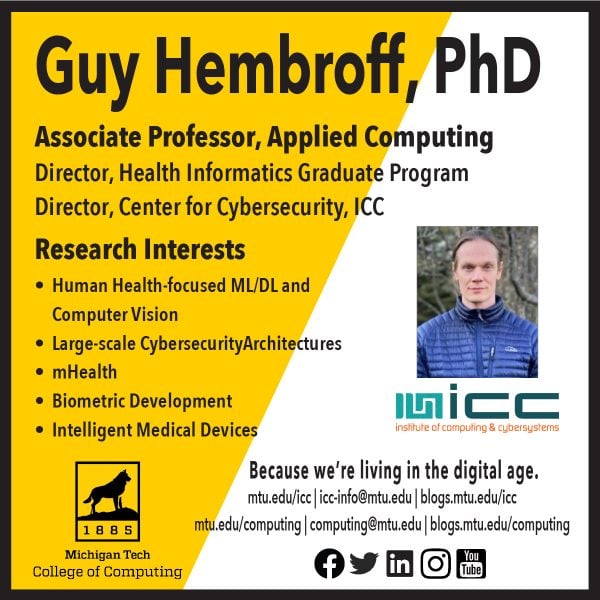
College of Computing Dean Dennis Livesay will resume in-person open drop-in office hours every Friday from 2:00 to 3:00 p.m., beginning Friday, August 24, 2021, through the spring 2022 semester, while classes are in session.
All faculty, staff, and students who wish to chat with Dr. Livesay are invited to “drop in.” Appointments are not needed.
Dean Livesay’s office is in Rekhi Hall, Room 223. Email the dean at dlivesay@mtu.edu.
